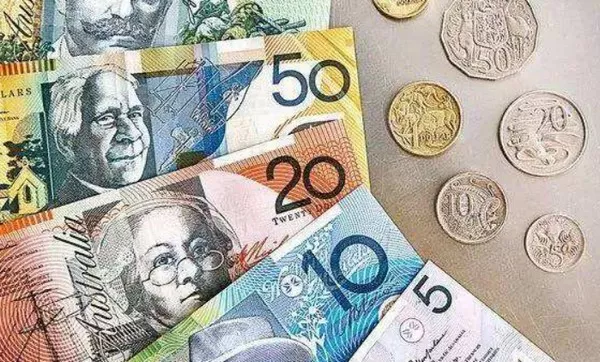When doing international transactions, it is important to understand the value of different currencies. In this article, we will explore how much $1000 Australian dollars is worth in British pounds, and explain the factors that can affect currency exchange rates.
Understanding Currency Exchange Rates
Currency exchange rates determine the value of one nation’s currency relative to another’s. These rates are constantly fluctuating due to a variety of economic and political factors. Some major factors that influence exchange rates include:
Interest rates: When a country raises its interest rates, its currency typically becomes more valuable because investors are attracted to higher yields.
Inflation: High inflation can cause a currency to lose its value, as goods and services become more expensive.
Political stability: Countries with stable governments tend to have more stable currencies.
Trade balances: If a country imports more than it exports, its currency may decrease in value because demand for it decreases.
The Current Exchange Rate between AUD and GBP
As of June 15th, 2023, the exchange rate between AUD and GBP is 0.5141. This means that £1 is equivalent to $1.946 in AUD. Therefore, $1000 AUD is currently worth approximately £514.10.
Historical Trends in AUD/GBP Exchange Rates
Exchange rates between currencies can vary greatly over time. Looking at historical data can provide insight into trends and patterns in currency values. Here are some notable movements in the AUD/GBP exchange rate:
- In 2012, $1000 AUD was worth around £650 GBP.
- In 2015, the exchange rate reached a high of 0.4943, meaning $1000 AUD was worth £494.30.
- In 2020, the exchange rate hit a low of 0.4044, meaning $1000 AUD was worth only £404.40.
Why Exchange Rates Matter
Understanding exchange rates is important because they can impact the value of goods and services in international trade. For example, if an Australian business wants to sell a product to a British company, the price will be affected by the exchange rate between AUD and GBP. If the exchange rate is unfavorable, the Australian business may have to increase their prices to make up for the difference.
Factors Affecting Currency Exchange Rates
Inflation Rates
Inflation rates can significantly impact currency exchange rates. Inflation is the rate at which the general level of prices for goods and services is rising, and it is measured by the Consumer Price Index (CPI). If a country’s inflation rate is higher than that of another country, its currency may depreciate against the other country’s currency. For example, if the inflation rate in the US is higher than that of Japan, the US dollar may depreciate against the Japanese yen.
Interest Rates
Interest rates can also impact currency exchange rates. Interest rates are the cost of borrowing money, and they can influence the supply and demand of a currency. If a country’s interest rates are higher than that of another country, its currency may appreciate against the other country’s currency. For example, if the interest rate in Australia is higher than that of the UK, the Australian dollar may appreciate against the British pound.
Political Stability
Political stability is another factor that can impact currency exchange rates. Political instability can lead to uncertainty and volatility in the currency markets, which can cause a currency to depreciate. For example, if there is political unrest in a country, investors may be less likely to invest in that country, which can lead to a depreciation of its currency.
Geopolitical Events
Geopolitical events such as wars, natural disasters, and terrorist attacks can also impact currency exchange rates. These events can cause uncertainty and volatility in the currency markets, which can cause a currency to depreciate. For example, if there is a terrorist attack in a country, investors may be less likely to invest in that country, which can lead to a depreciation of its currency.
Economic Growth
Economic growth is another factor that can impact currency exchange rates. If a country’s economy is growing faster than that of another country, its currency may appreciate against the other country’s currency. Economic growth can lead to increased demand for a country’s currency, which can cause its currency to appreciate.
Conclusion:
In conclusion, understanding currency exchange rates is crucial for anyone involved in international transactions. As of June 15th, 2023, $1000 AUD is worth approximately £514.10 GBP. However, this value is subject to change based on a variety of economic, political, and other factors. By staying informed about these factors, businesses and individuals can make informed decisions about when to buy, sell, or hold different currencies.
Related Topics:



























